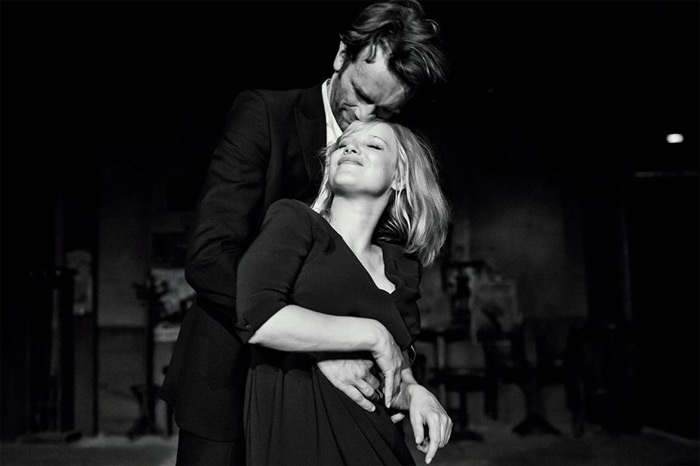Directed by Pawel Pawlikowski
Picturehouse, Liverpool
31st August – 13th September 2018
Reviewed by Colin Serjent
This is a very special film, not least because of the stunning period detail imagery, shot throughout in black and white, which adds an authentic feel to the story encompassing the Iron Curtain of post World War Two Europe.
It moves from the countryside of Poland in 1949 to urban East Berlin, and then from Paris to Yugoslavia, and then back to rural Poland over a fifteen year period.
The two main protagonists in the story are Wiktor (Tomasz Kot) and the charismatic Zula (Joanna Kulig), who have a tempestuous love affair during this time, not least helped by the hard drinking habits of both of them.
The political turmoil that took place in the countries they lived in, performing as musicians and singers in various guises, acts as a metaphor for their unstable relationship.
I must admit I got a mite confused about their journey at times. One moment you are in East Berlin and then, after a brief fade, transported to Paris without any clear idea why they moved to another country.
Apparently director Pawel Pawlikowski purposely created a film with abbreviations, snappy editing and unresolved emotional incidents between the couple.
One of the most arresting scenes was towards the end of the film when Wiktor and Zula disembarked from a coach adjacent to a massive tree, the only tree growing amid a flat and barren landscape in the countryside of Poland.
There is little dialogue in Cold War but many beguiling visual images created by cinematographer Lukasz Zal.
